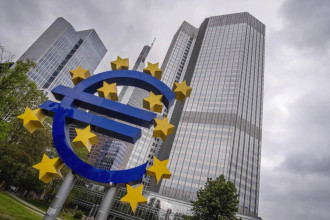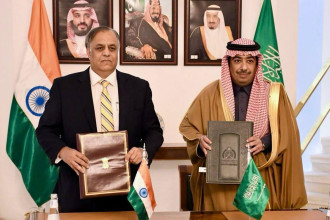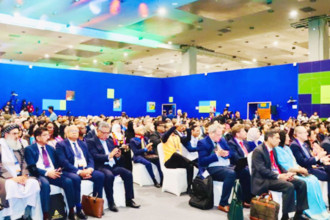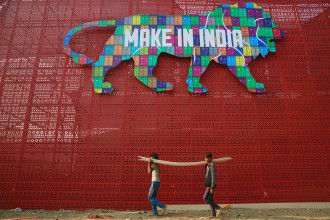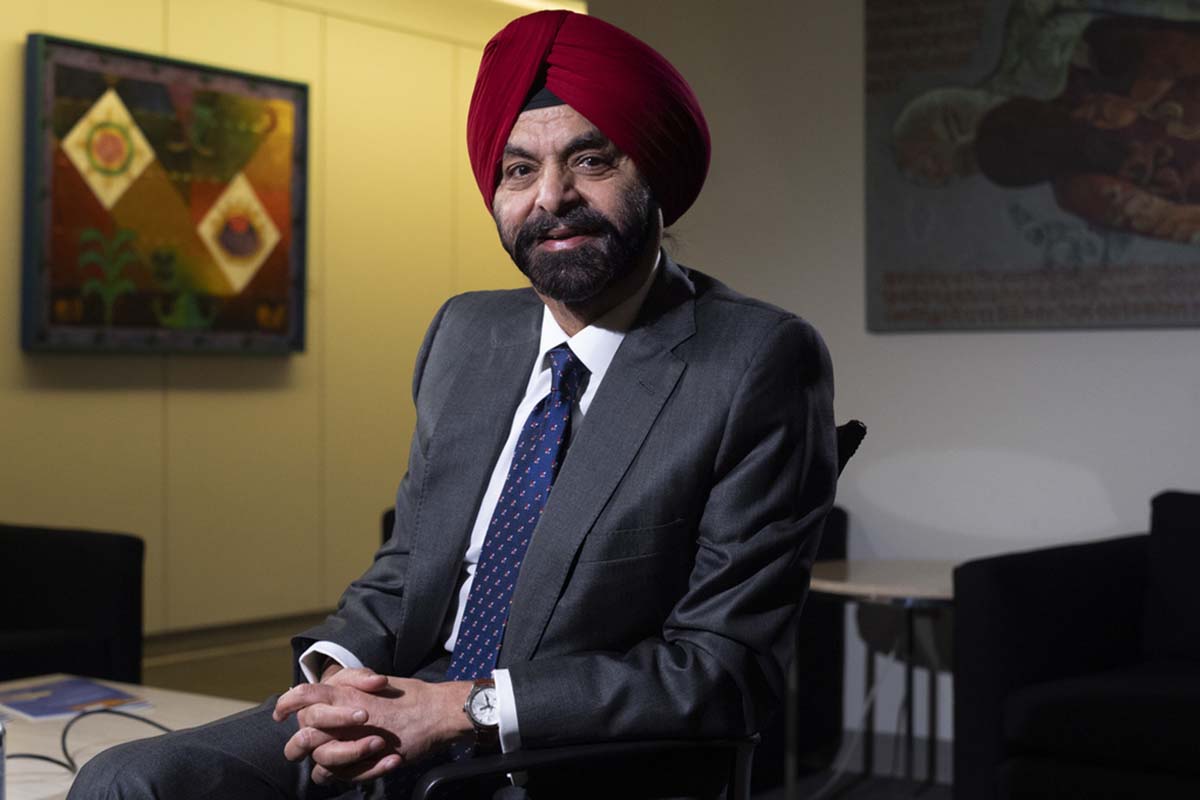
WASHINGTON: When Ajay Banga assumed leadership at the World Bank nearly a year ago, the global economy was already under significant strain: nations burdened with debt were grappling with inflation, a once-in-a-lifetime pandemic was underway, climate catastrophes were occurring, and Russia had invaded Ukraine.
Add to this the Israel-Hamas conflict and escalating tensions among powerful countries, and it's clear that the agenda for this week's World Bank and International Monetary Fund spring meetings in Washington is packed.
"The world's interlinked challenges of poverty — which we've seen significant setbacks over recent years — combined with fragility, conflict, violence, and climate change, are converging into a perfect storm," Banga said in an interview with The Associated Press. "We need to channel all our efforts into this."
Banga emphasised new initiatives being announced at the meetings, including plans to provide electricity to 300 million people in Africa by 2030 and healthcare access to 1.5 billion people worldwide within the same timeframe.
He underscored the bank's role in financing climate projects and its renewed focus on significant cross-border projects that can impact large populations, particularly as member nations increasingly engage in trade competition and isolationism is on the rise.
Banga took over after David Malpass resigned as the bank's president last June following a backlash when Malpass seemed to question the science that states the burning of fossil fuels causes global warming. Malpass apologised and said he had misspoken.
President Joe Biden, who nominated Banga, said upon Banga's approval by the bank's board that the former Mastercard CEO "would help guide the institution as it evolves and expands to address global challenges that directly affect its core mission of poverty reduction — including climate change."
Now, Banga is under pressure to prioritise climate, while climate activists and advocates for developing nations have their own ideas about how to proceed.
Simon Stiell, the UN climate secretary, recently stated that climate finance needs to include decision-making between developed and developing countries as a way to build a financial system "fit for the 21st century."
Banga said developing nations "feel like they weren't the ones who created this situation — their energy consumption is still small compared to many developed nations." But under the World Bank model, because countries vote on many issues based on an allocated share of stocks in the bank, smaller countries are often limited in decision-making on issues that affect them most.
"There are a whole series of things the World Bank is doing to support countries, rather than trying to force them into situations" that are unfavourable to smaller nations, he said.
The bank is the world's largest financier of climate projects in developing countries, delivering $38.6 billion in the 2023 budget year.
Another challenge is dealing with powerful shareholders, namely the US and China, as trade tensions have escalated.
"I think we can find areas where the potential for geopolitics and national security concerns don't interfere with what we want to do with development," he said, pointing to the new project to expand healthcare services to people with limited access.
He also cited World Bank funding for a project with the African Development Bank that will provide electricity access — a "basic human right" — to more than 300 million people in 2030.
"There are 1.1 billion young people in the Global South who are going to be ready for jobs in the next decade," Banga said. "It's difficult to make people productive if you don't give them access to electricity."
Current conflicts around the world are pushing the bank to the forefront of recovery efforts.
A report from the World Bank and the UN this month stated that the cost of the destruction from the Israel-Hamas war had reached approximately $18.5 billion, equivalent to 97% of the combined gross domestic product of the West Bank and Gaza in 2022. The war, which has resulted in the deaths of tens of thousands of people, has destroyed housing, commercial areas, water treatment plants, schools, highways, and hospitals.
"While we can provide short-term assistance with funds for humanitarian aid, which we've done," said Banga, "the current challenge is getting it into Gaza."
He mentioned that the World Bank has brought together a group of Palestinians, Israelis, Americans, and Europeans to explore what the bank can do to facilitate investments once the war concludes.
"The World Bank will need to play a role in the short term, but also address medium-term and long-term issues," he added.
By RSS/AP



